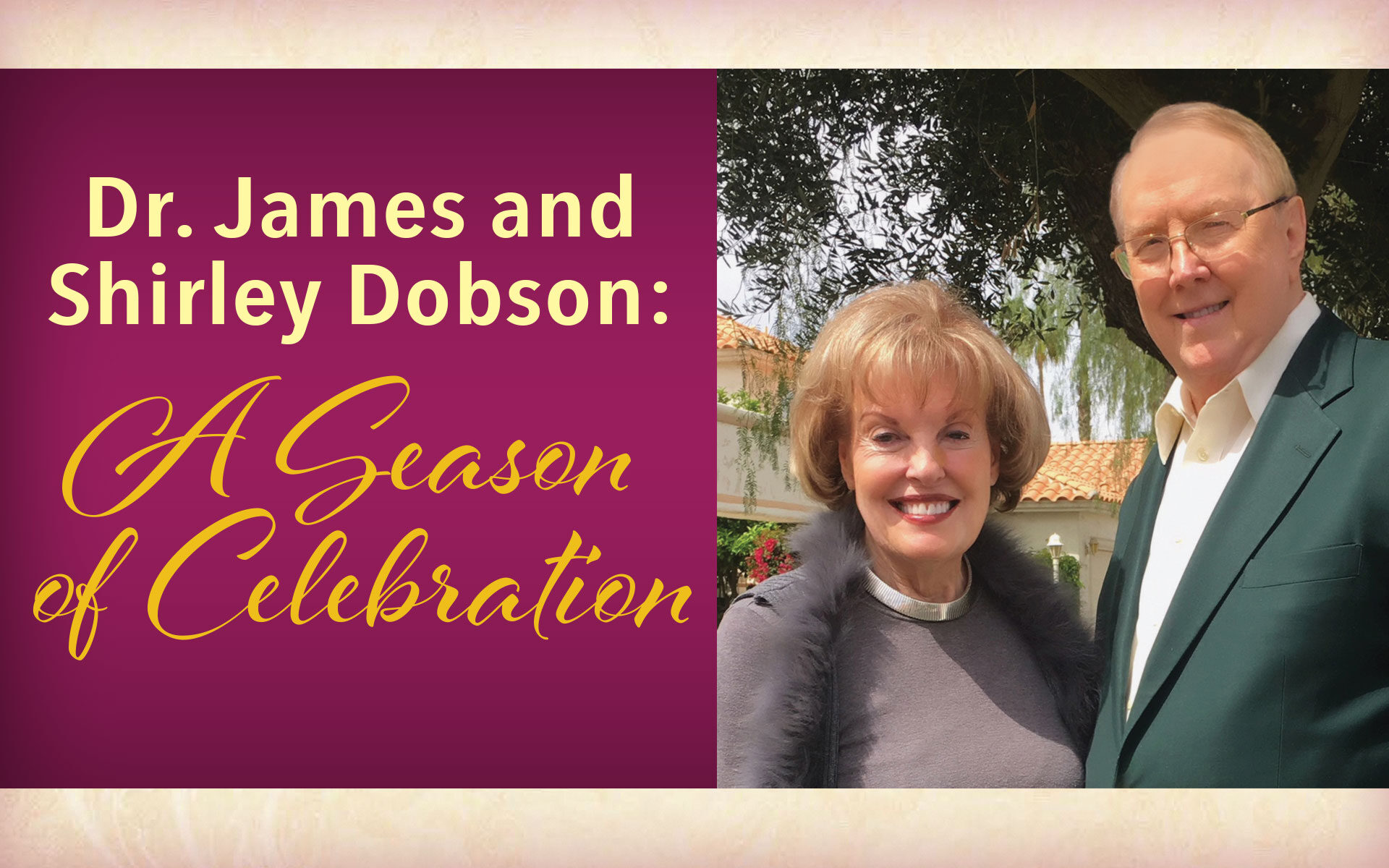When married persons find themselves hurtling relentlessly toward a divorce, they sometimes turn to marriage counselors, ministers, psychologists and psychiatrists to stem the tide. The counsel they are subsequently given often involves changes in the way the two partners relate to one another from day to day. It may be proposed that they reserve an evening each week as "date night," or that they alter their sex habits or workaholic lifestyles. Such advice can be helpful in reestablishing communication and understanding between two wounded and disappointed people, but it may be inadequate to save a dying marriage. Why? Because the counsel is directed at surface issues.
In most troubled marriages, a basic problem lies ominously below these relatively minor irritants. It involves the way one party has begun to perceive the other, as we have described. When expressed in materialistic terms, it is the value ascribed to one human being by another. That perceived worth is incorporated in the word respect, and it is absolutely basic to all human relationships.
The way we behave from day to day is largely a function of how we respect or disrespect the people around us. The way employees perform is a product of how they respect the boss. The way children behave is an outgrowth of their respect for their parents. The way nations coexist is directly attributable to their respect for one another. And certainly, the way husbands and wives relate is a function of their mutual respect and admiration. That's why marital discord almost always emanates from seething disrespect somewhere in the relationship! That is the bottom line of romantic confrontation.
What I've been trying to describe are those gradual changes in perception—that subtle deterioration in attitude—that precede marital conflict. A starry-eyed young man and woman agree to wed because they hold one another in awe—in deepest respect. And if they choose to remain for a lifetime, it will be because that positive attitude has been maintained, or in its absence, from the sheer power of commitment. Either way, the quality of their relationship will be a direct product of their mutual respect through the years.
Perhaps it is now apparent where the present line of reasoning is leading us. If there is hope for the dying marriages we have examined, and I certainly believe there is, then it is likely to be found in the reconstruction of respect between warring husbands and wives.
From Dr. James Dobson's book, Love Must Be Tough.












